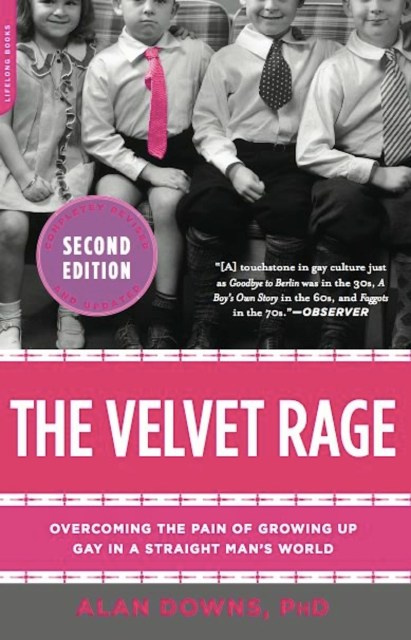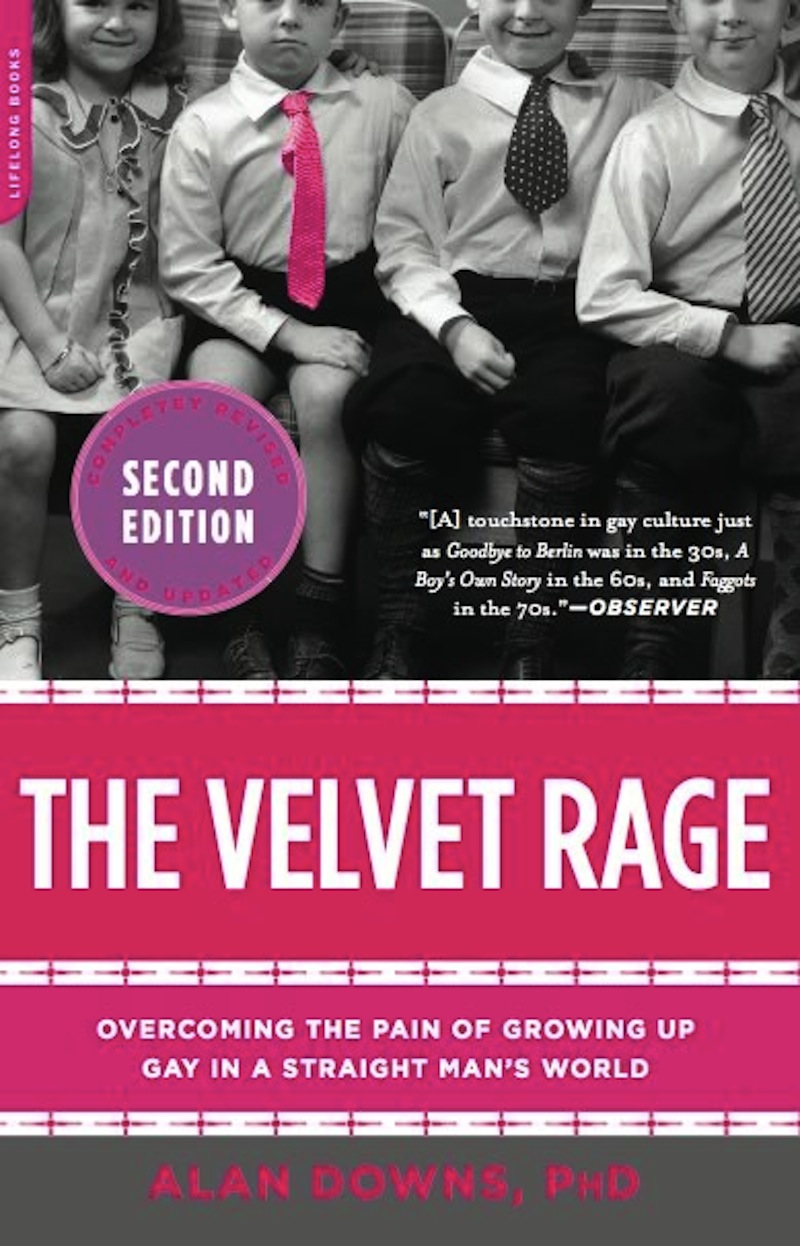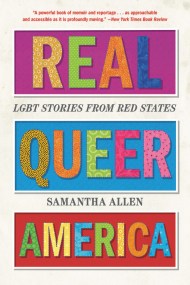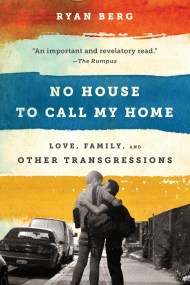By clicking “Accept,” you agree to the use of cookies and similar technologies on your device as set forth in our Cookie Policy and our Privacy Policy. Please note that certain cookies are essential for this website to function properly and do not require user consent to be deployed.
The Velvet Rage
Overcoming the Pain of Growing Up Gay in a Straight Man's World
Contributors
Formats and Prices
- On Sale
- Jun 5, 2012
- Page Count
- 272 pages
- Publisher
- Legacy Lit
- ISBN-13
- 9780738215853
Price
$11.99Price
$15.99 CADFormat
Format:
- ebook $11.99 $15.99 CAD
- Trade Paperback $19.99 $25.99 CAD
This item is a preorder. Your payment method will be charged immediately, and the product is expected to ship on or around June 5, 2012. This date is subject to change due to shipping delays beyond our control.
Buy from Other Retailers:
Even though an entire generation of men have openly and freely come out of the closet, gay men still struggle with self-acceptance. Sexually transmitted diseases, depression, and suicide occur more frequently for gay men than straight men. It doesn’t have to be this way.
Through brave individual stories and compassionate analysis, The Velvet Rage explores how shame is insidious, and can be traced back to childhood feelings of “otherness”. Drawing on contemporary psychological research, Alan Downs offers a path to emotional well-being and an end to self-defeating behavior.
Velvet Rage is an empowering book you'll wish you read long ago. It’s not too late to begin the healing process.
-
Bestseller, 5/11/12 "A groundbreaking examination of the psychology of homosexuality, why it leads to shame over one's identity, and how to overcome it.... This book has remarkable staying power."Philadelphia Gay News
-
"The clearest, most succinct delineation of the origins and consequences of internalized homophobia, and how to address them."Artvoice
-
"Those familiar with gay men will find a good deal of honest reporting here. Without being maudlin, Downs, himself a gay man, writes movingly."Library Journal
-
“Dr. Downs has already changed the public discourse on gay culture and helped shape the identity of an entire generation of gay men.”Google Books
-
"Peppered with deeply personal reflections... There's no doubt that the men profiled in this sober call for "owning the injury" of growing up gay in a straight world were helped by their counseling, or that there are certainly some readers who will find their own lives reflected in that healing."Q Syndicate
-
"[An] excellent new book...The Velvet Rage is a chronicle of furtive pathos, anger, compensatory fabulousness, despair, sex addiction, and flickerings of hope as its wounded actors make their way by uncertain stages toward a light of authenticity and self-acceptance their culture does not want them to find or even see. In its pages, through anecdotal moments and analytical passages, one is constantly catching glints of people one has known, behaviors one has seen and heard firsthand and often been baffled and hurt by."San Francisco Bay Guardian
-
"Dr. Alan Downs has some words of wisdom....Although unnerving at first, readers might feel kinship with the case study subjects and ultimately, become empowered by the lessons learned and by the self-realizations experienced."New City Chicago
-
"While we can all hope that the collective experience will change in time, Downs' perspective is still all too relevant."AOL's Book Maven
Newsletter Signup
By clicking ‘Sign Up,’ I acknowledge that I have read and agree to Hachette Book Group’s Privacy Policy and Terms of Use






